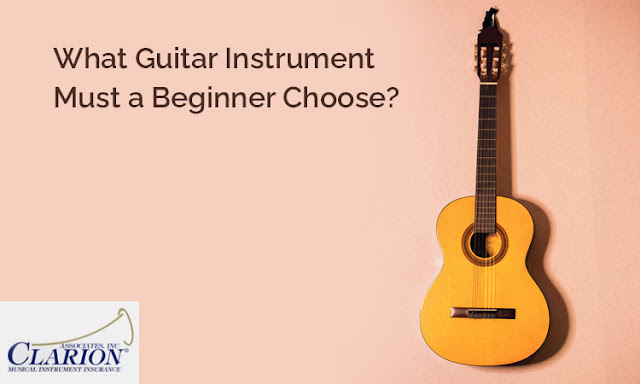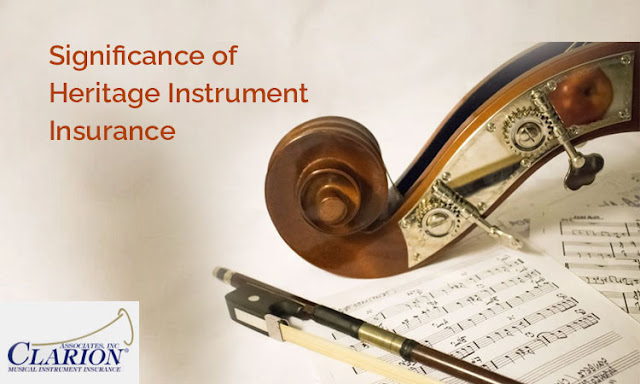As a beginner, choosing your first guitar can be overwhelming. There are various options, but they should inspire you to unwind in your creative outlet.
Buying a new guitar strikes a few common questions, like whether to choose acoustic or electrical, what should be the best size, what features are essential, and what additional accessories are required. "Can I have guitar insurance?" is also a very valid question.
Here, we will discuss these questions and help you choose the perfect guitar!
Acoustic or Electrical?
For beginners, guitars are categorized into Electrical, Acoustic, and Classical.
• The most popular type of guitar has to be acoustic. It comes with a hollow body to amplify the sound of the strings without the need for electrical amplification. However, they can be amplified with a removable pickup if needed. They are cost-effective as there is no need for external amplification, and they have a rich tune. Acoustic guitars are primarily used in jazz, country folk, and blues.
• Electric guitars are the easiest to learn as they come with thinner necks though they produce faint sounds. So, they need an external amplifier to enrich the sound quality. These are the most versatile guitars opening a world of potential for various sounds. Electric guitars are primarily used in metal, rock, and blues.
• Classical guitars, also popularly called Spanish guitars, are the most cost-effective ones. They come with softer nylon stings on the hands, particularly making them beneficial for beginners. It certainly does not need any external amplification. They are primarily used in folk or flamenco and other classical styles.
• Semi-acoustic guitars combine the merits of both acoustic and electric guitars. They can come with an in-built microphone for increasing the volume of sound produced and an onboard equalizer for tonal control.
On a general note, electric guitars are most preferred for beginners, though they need additional equipment, as they are very simple to learn.
What is the best size?
The size of the guitar matters to a great extent for aspiring practitioners. The instrument should fit properly within the arms of the user, i.e., they should have proper reach across the length of the guitar.
The string length, the length of the string from nut to saddle, or the part of the string that vibrates, should range from 24.5 to 25.5 inches, but the user's age matters as shorter people would find it easier to handle smaller guitars.
The incorrect length of the guitar makes it difficult for the person to play and affects the ability of the person. The neck's width, frets' spacing, and guitar weight must also be considered while buying a guitar.
Essential Features:
• Thinner neck
• Low action, i.e., a distance of string to the neck, but not low enough to create unwanted sounds
• There should not be too many harmonic overtones
• For electric guitar, you must pay heed to the quality of the pickup
• Thin strings and narrow necks help with play-ability
• Take note of the quality of soldering work and components used, like bridges
Additional accessories:
• The amplifier is only necessary for electric guitars but not for the other two. Practice amps are recommended for beginners.
• Cable used in electric guitar must be long enough to connect it to the amplifier.
• The tuner is necessary for any guitar, and head-stock tuners are mostly recommended.
Insurance for Musician
Accidents may happen, but musical instrument insurance can be availed to prepare for the worst-case scenario. The coverage of the policies generally includes theft, fire, and other causes of loss. Your valuable instrument can be protected by the right guitar insurance policy that provides the best coverage for your inventory.
Bottom line
As we have said earlier, getting a guitar can be overwhelming if you are new. And before getting one for you, you must research well. After all, you will not want to waste money on something not ideal. We hope this article helps you in getting your ideal guitar.



